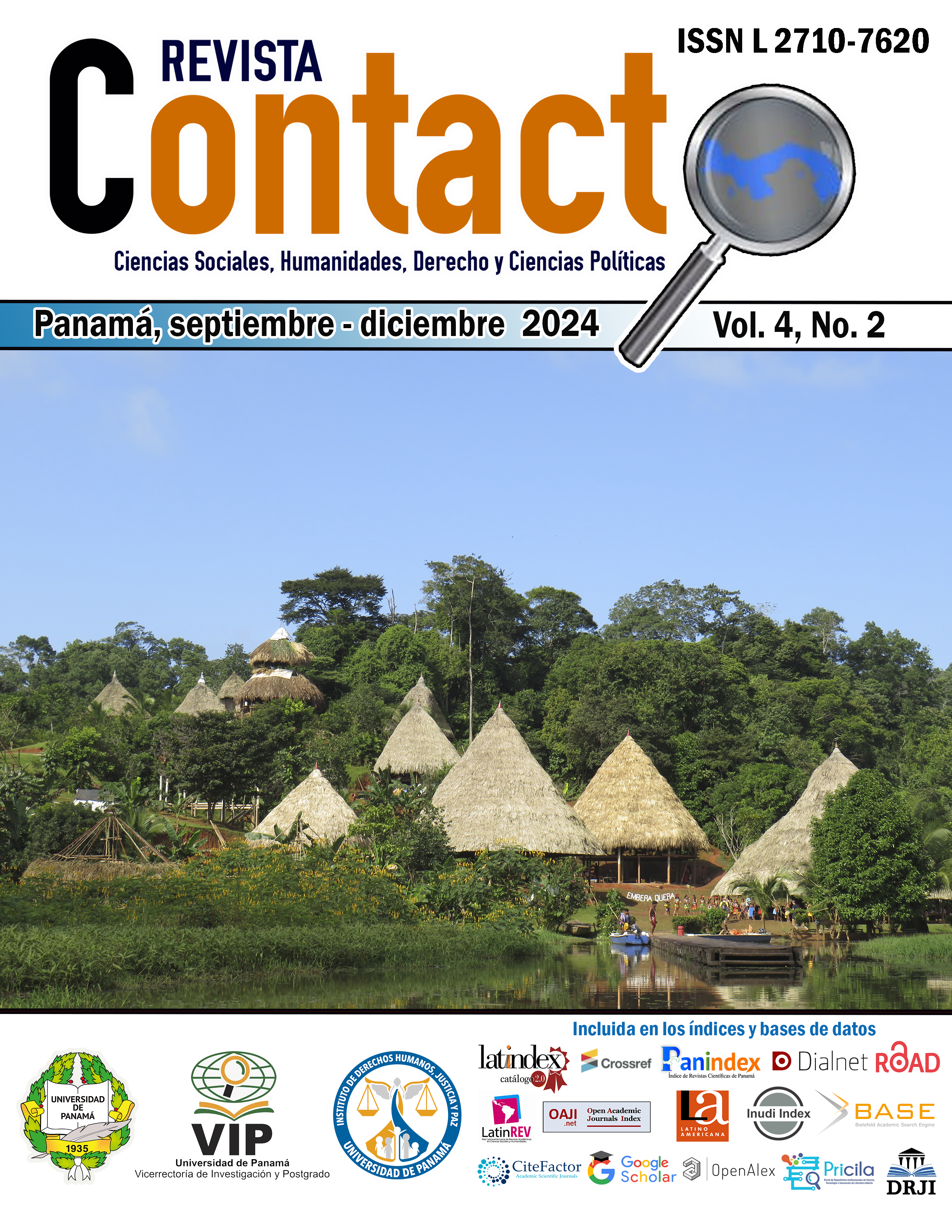

Copyright (c) 2025 Revista Contacto

This work is licensed under a Creative Commons Attribution-NonCommercial-ShareAlike 4.0 International License.
Panama has been characterized as a country that resolves its critical issues through dialogue, proof of this, since 1992, to date, the different governments after the military dictatorship experienced, have convened more than twenty tables of dialogue with various purposes and the most recent of them was the Bicentennial Pact, recognizing dialogue, communication and citizen participation as representative pillars in the strengthening of inclusive and democratic societies. The objective of this bibliographic review was to highlight the importance of dialogue, its communication and how citizen participation, also supported by digital tools and platforms, promote the exchange of empathy and conflict resolution, being essential for peaceful coexistence and development. collective of citizens, whose involvement contributes to democratic governance, by having a voice in decision-making and in the configuration of public policies and the strengthening of a genuine culture of dialogue. This is how this bibliographic review addressed the relevance of these concepts, making a comparison of said calls and how the Bicentennial Pact, methodologically, it turned out to be a process characterized by the rupture of the paradigms of the dialogues that preceded it, at the same time, it demonstrates that its communication perspective was a fundamental factor in the results of citizen participation obtained, which have been compared only with the statistics of the electoral tournaments every five years in the country.